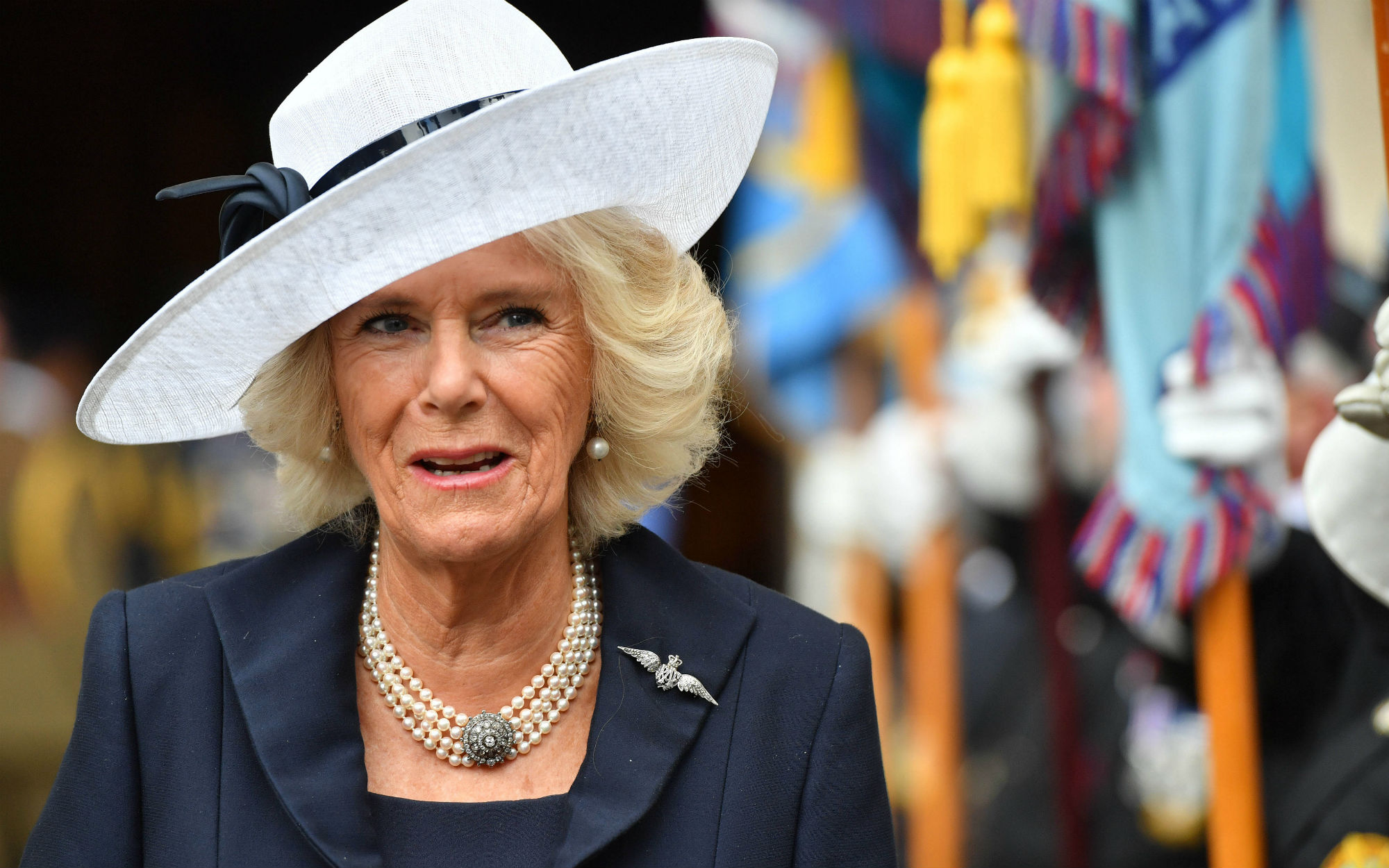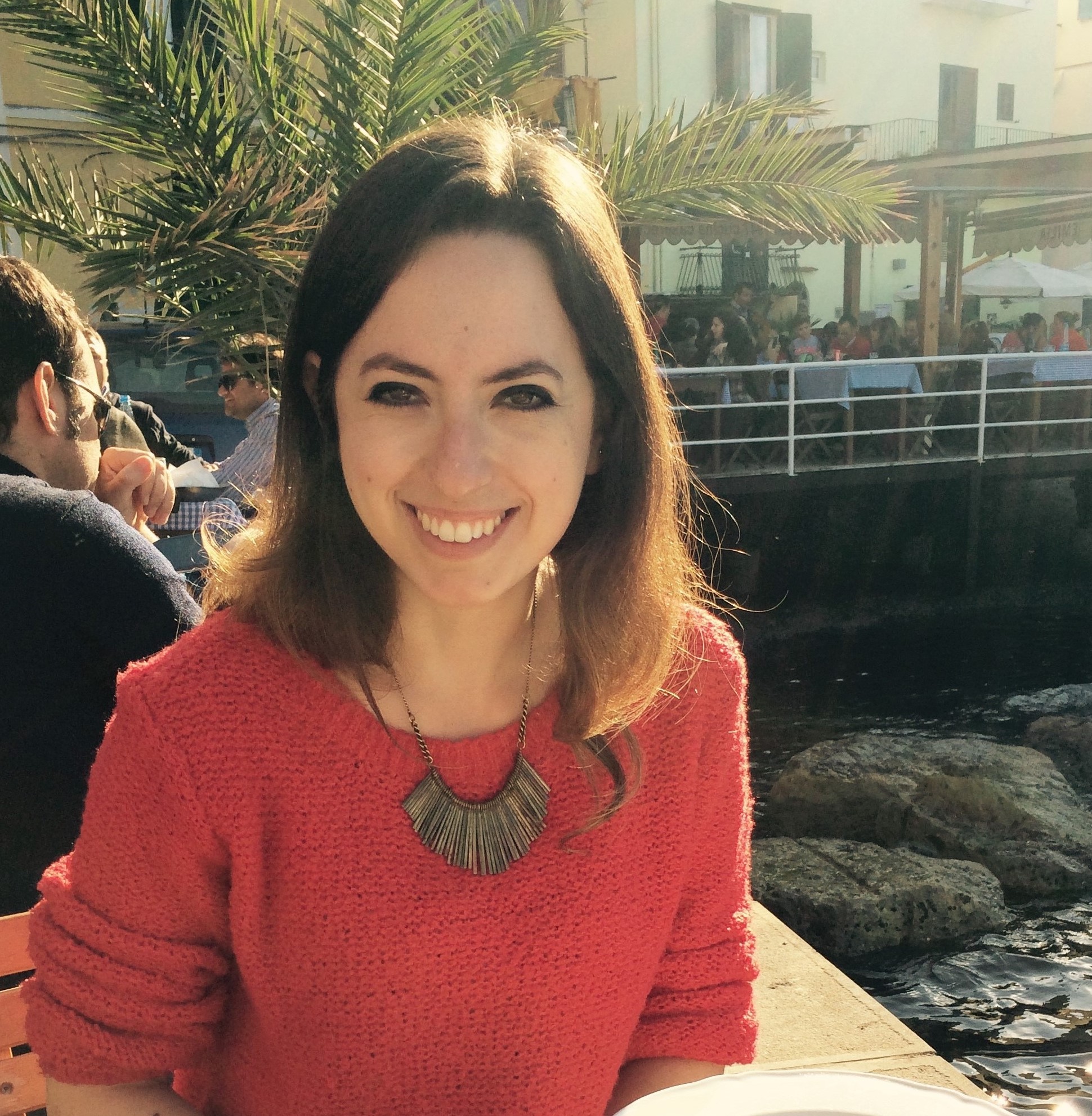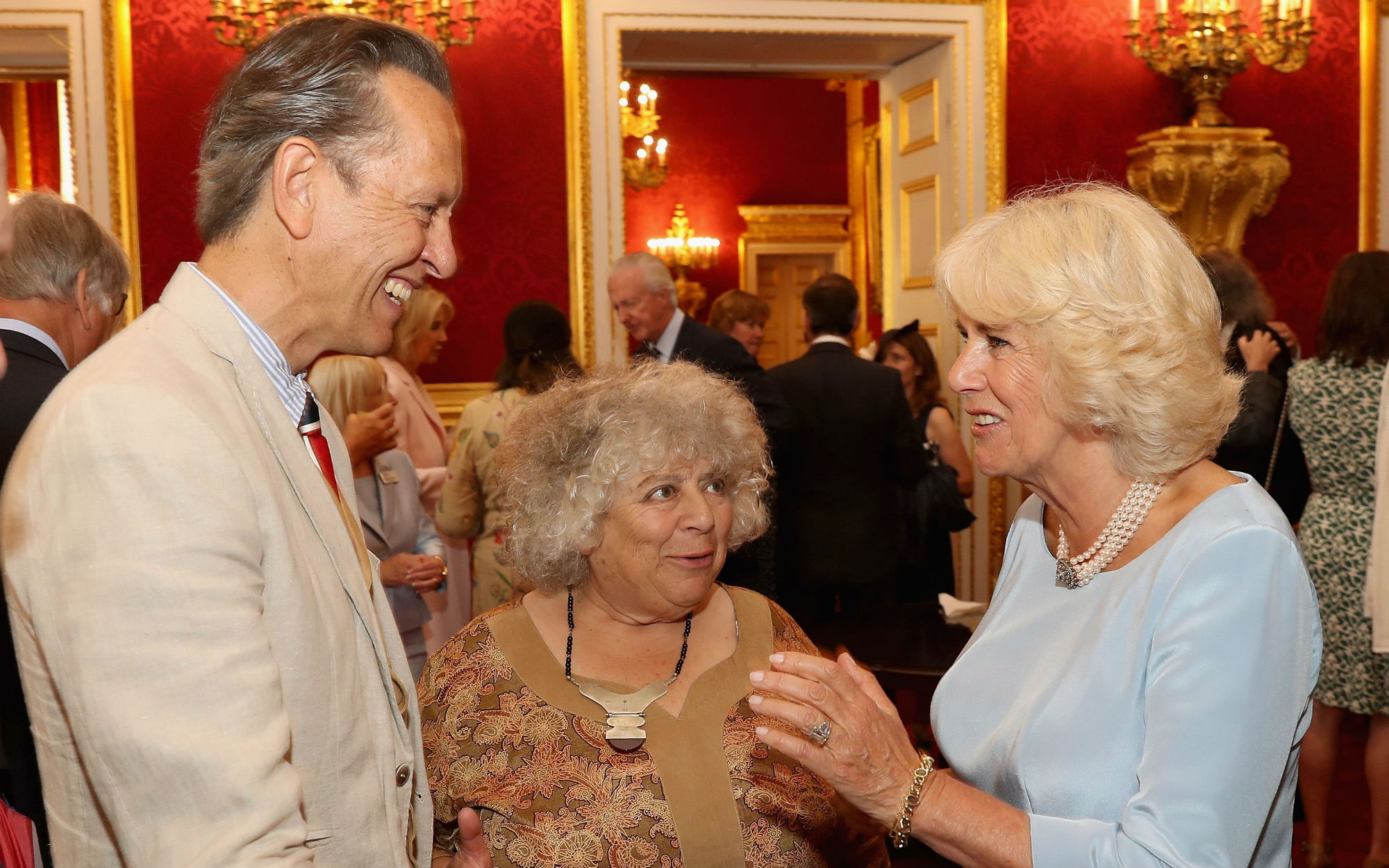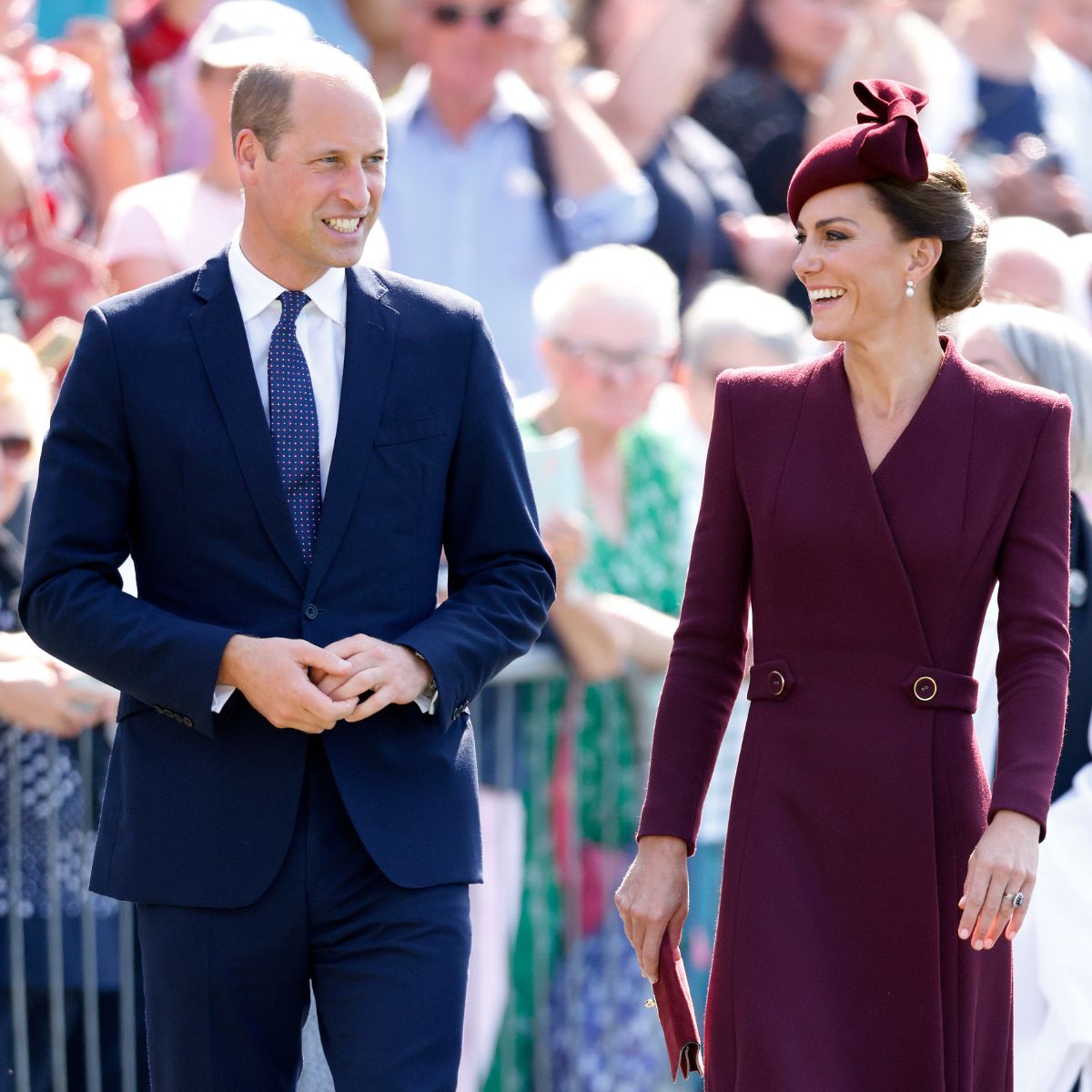The Duchess of Cornwall has spoken about witnessing her mother's death from Osteoporosis
The Duchess described it as 'agonising'


The Duchess described it as 'agonising'
Camilla, the Duchess of Cornwall, has spoken about the 'agonising' pain of seeing both her mother and grandmother die from osteoporosis. The Duchess is urging others to look after their bone health while they can as part of her role as president of the National Osteoporosis Society.
Osteoporosis is a condition where your bones gradually weaken and break. Although this is a normal part of the ageing process, people with osteoporosis lose bone density much faster than normal.
It's not the first time that a member of the Royal family has spoken out about how health issues have impacted them personally. Prince Harry recently opened up about experiencing panic attacks, while Prince William has also spoken candidly about his mother's battle with bulimia. Additionally, both princes alongside the Duchess of Cambridge are continuing to dismantle the stigma around mental health with their Heads Together campaign.
In an emotional article for the Daily Mail, The Duchess of Cornwall, 64, said: 'Seeing someone you love die slowly, in agony, and knowing nothing about the disease that killed them is heart-breaking.
My mother was only 72. In those days, osteoporosis, a crippling bone disease, was seldom discussed, rarely diagnosed and usually attributed to old women with so-called Dowager’s hump. My family and I watched in horror as my mother shrunk in front of our eyes.
She lost about eight inches in height and became so bent she was unable to digest her food properly, leaving her with no appetite at all. The local GP was kind and sympathetic, but he, like us, was able to do little to alleviate the terrible pain Mama suffered so stoically.'
Marie Claire Newsletter
Celebrity news, beauty, fashion advice, and fascinating features, delivered straight to your inbox!
Her mother, Rosalind Shand, passed away in 1994, her maternal grandmother Sonia Keppel had passed away eight years earlier in 1986. The Duchess also said that in later years her mother could not breathe without oxygen, or walk around her garden even with the help of a zimmer frame.
Osteoporosis affects over three million people in the UK and women are more at risk than men, but there are things you can do to minimise your chances of getting it.

What is Osteoporosis?
Osteoporosis is a condition that weakens bones, making them fragile and more likely to break. It develops slowly over several years and is often only diagnosed when a minor fall or sudden impact causes a bone fracture.
The most common injuries in people with osteoporosis are wrist fractures, hip fractures and fractures of the spinal bones (vertebrae). However injuries can occur anywhere in the body.
What causes Osteoporosis?
Women lose bone rapidly in the first few years after the menopause, making them more at risk than men - particularly if the menopause begins early (before age 45).
Other risk factors include:
- having a low body mass index (BMI) and being unheathily thin
- heavy drinking and smoking
- a family history of osteoporosis
- other medical conditions – such as inflammatory conditions, hormone-related conditions, or malabsorption problems
How can you prevent Osteoporosis?
The best way to prevent Osteoporosis is to take steps to keep your bones healthy. The NHS recommends:
- taking regular aerobic exercise (at least two and a half hours a week) plus weight bearing exercises such as running, skipping and dancing
- eating foods rich in calcium and vitamin D (including leafy green vegetables and oily fish)
- taking a daily supplement of vitamin D (10 micrograms)
- giving up smoking and reducing alcohol consumption (including cutting out binge-drinking and having no more than 14 units a week)
- getting out in the sun to trigger vitamin D production in the body
Sarah Leyland, Osteoporosis Nurse Consultant at the National Osteoporosis Society told Marie Claire:
'If you have broken a bone easily, talk to your doctor and find out if you are at risk of further fractures. You can also ask about a ‘fracture risk assessment’ or a ‘bone check’. This means looking at factors that influence your bone strength such as your age and medical history. It will help you and your doctors understand why your bones may be more fragile than expected and also show whether you need a drug treatment.'
The National Osteoporosis Society also run a free helpline for help and support. Nurses are available between 9am and 5pm every day. They can be reached on 0808 800 0035.
-
 The 10 best dresses celebrities from Tiffany & Co.'s Blue Book 2025 Gala
The 10 best dresses celebrities from Tiffany & Co.'s Blue Book 2025 GalaCelebrating the brand's marine-inspired collection
By Sofia Piza
-
 These are the 11 cult designer buys of spring 2025—and they're already selling out
These are the 11 cult designer buys of spring 2025—and they're already selling outFrom Miu Miu's must-have cowboy hat to Loewe's latest bag
By Clementina Jackson
-
 Prince William and Princess Kate have announced their 14th wedding anniversary plans
Prince William and Princess Kate have announced their 14th wedding anniversary plansBy Jenny Proudfoot